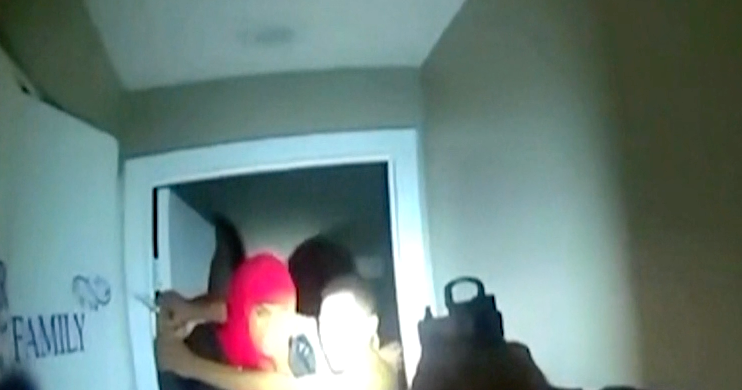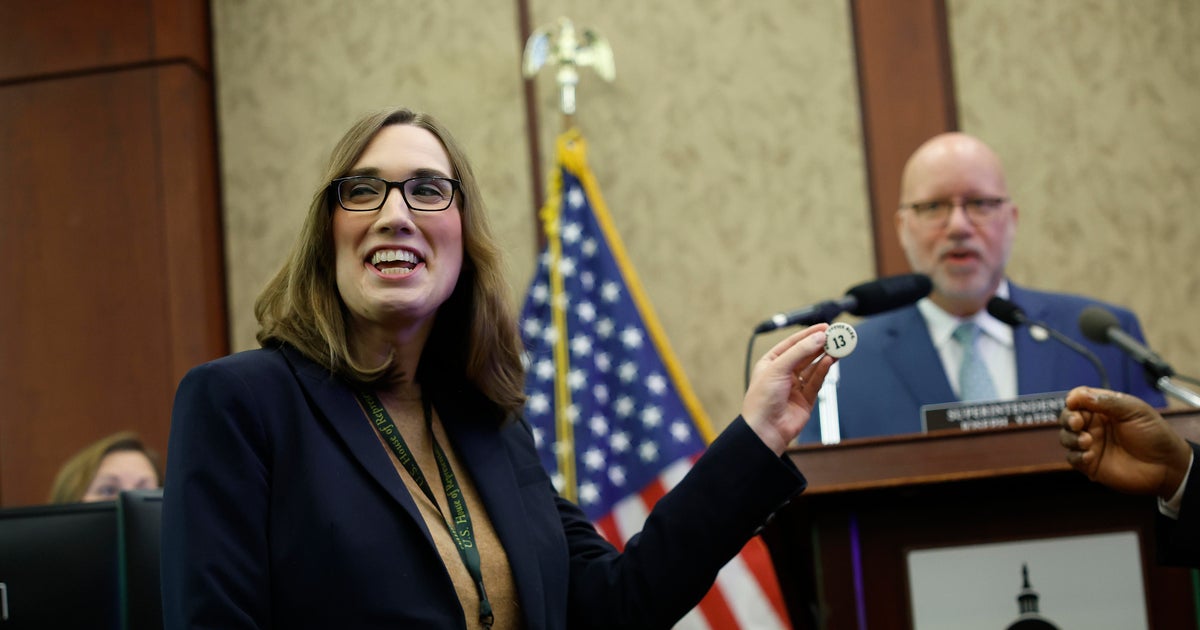MGM sues Las Vegas shooting victims and survivors, claiming no liability
MGM Resorts International is suing more than 1,000 victims and other survivors of last year's mass shooting in Las Vegas, claiming it has no liability for the deadliest mass shooting in modern U.S. history. The lawsuits outraged the victims and their lawyers.
"I've never seen such callous, reprehensible behavior," Robert Eglet, a Las Vegas attorney who said he represents about 1,000 survivors, told CBS News. "They're victimizing these poor people twice."
Muhammad Aziz, a Houston attorney who said he represents about 1,400 survivors, called the lawsuits "unprecedented" and said his clients were "surprised, shocked, angered."
MGM filed federal complaints in Nevada and California on Friday arguing to dismiss any claims that it is responsible for deaths, injuries or damages from the massacre committed by Stephen Paddock on Oct. 1, 2017.
"Plaintiffs have no liability of any kind to Defendants, or any of them, arising from the Paddock's mass attack," the complaints say.
Paddock opened fire from the 32nd floor of the Mandalay Bay resort and casino on a crowd of more than 22,000 people at a country music festival. He killed 58 people and injured more than 850, then shot and killed himself before police breached his suite. MGM owns Mandalay Bay as well as the concert venue that held the Route 91 Harvest festival.
Since the shooting, more than 2,500 people have sued or threatened to sue MGM and its properties, according to the lawsuits. Many of the plaintiffs alleged that the hotel and entertainment company failed to adequately protect them.
In its lawsuits, MGM cites a federal act from 2002 that says companies are protected from liability if they use "anti-terrorism" services to help prevent and respond to "mass violence." MGM says the security company it hired for the festival, Contemporary Services Corp., was protected from liability and certified by the Department of Homeland Security to handle "acts of mass injury and destruction." The hotel company says this should protect MGM from liability as well.
The 2002 act broadly defines terrorism as an act that causes mass destruction, injury or other loss. The shooting has not been ruled as a terror attack and authorities said Paddock appeared to have no terrorist connections or political motive. The FBI and the Las Vegas Metropolitan Police Department have not determined Paddock's motive and are still investigating.
The lawsuits are not seeking money from the victims, but rather protection from future legal action.
Aziz, the Houston attorney, said MGM's hiring of an outside security company shouldn't protect it from lawsuits. He also noted that Paddock was not the first person to stockpile weapons in Mandalay Bay -- a guest was caught with semi-automatic rifles in his room in November 2014, nearly three years before Paddock's rampage.
Eglet said he believes MGM is trying to "judge hop" by moving cases from state courts to federal courts in hopes of getting better treatment from judges.
MGM spokeswoman Debra DeShong said the company wants to move to federal court "for a timely resolution."
"Years of drawn out litigation and hearings are not in the best interest of victims, the community and those still healing," she said in a statement to CBS News.





